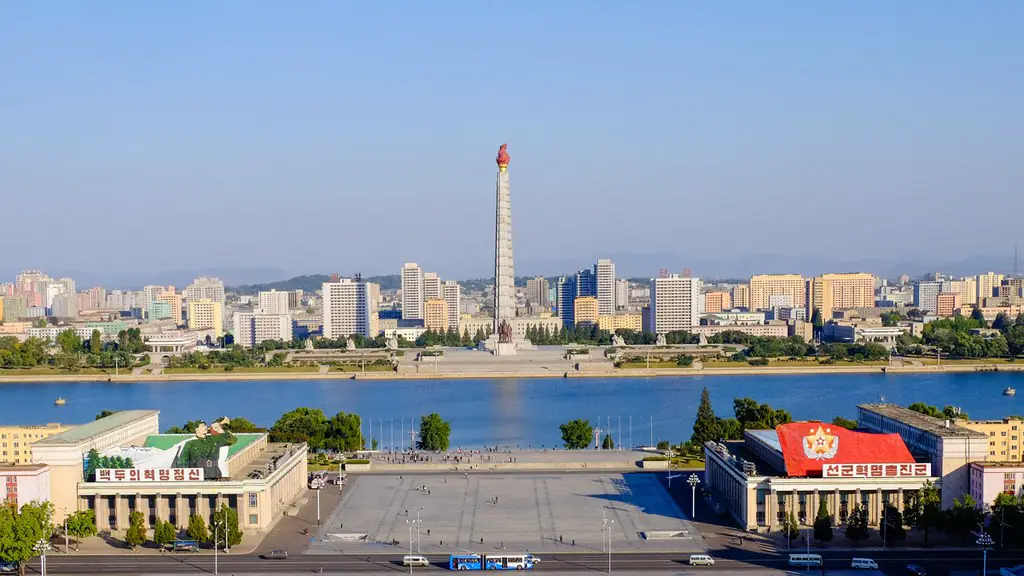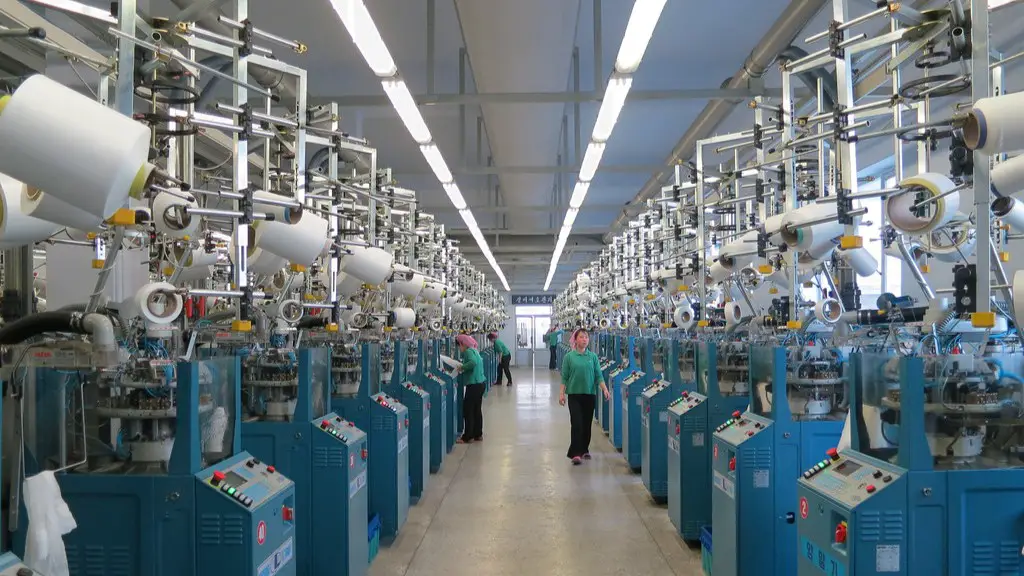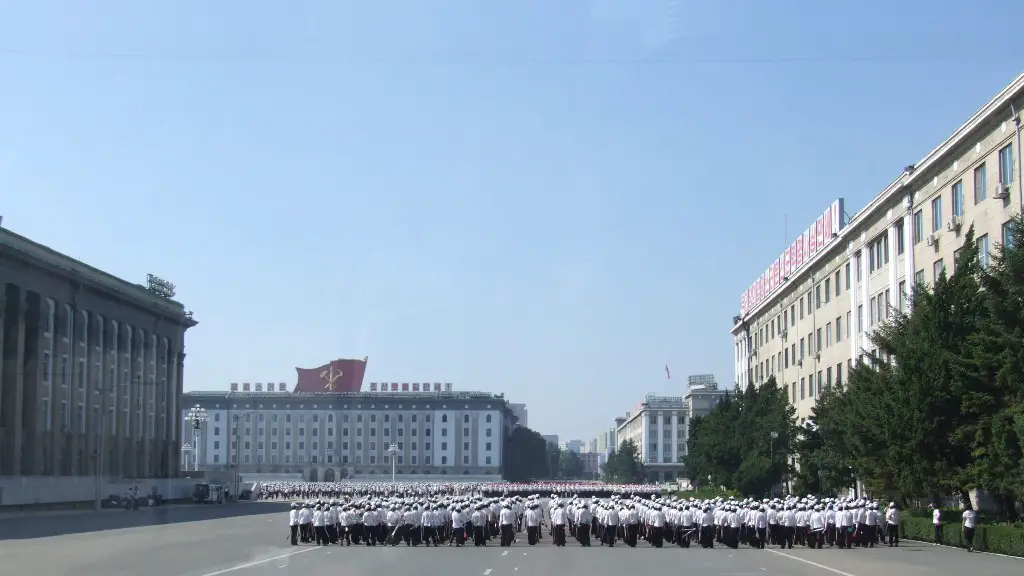Introduction
North Korea is a secretive nation and has been often labeled as one of the most oppressive regimes in the world. The nation is run by Kim Jong Un, who leads an archaic totalitarian state. North Korea has a long standing reputation for human rights violations and is often seen as one of the most evil nations in the world.
Historical Context
In the aftermath of the Korean War, North and South Korea were completely divided. While South Korea was recognized internationally and embraced many western philosophies, North Korea developed its own oppressive version of communism under the rule of the dictator Kim Il Sung. The North Korean government has held an iron grip on the nation with strict censorship laws, labor camps and an all pervasive surveillance network. Over the decades, the human rights violations within North Korea have remained pervasive.
Official Policies
The official policies of North Korea revolve around the supreme leader, Kim Jong Un. His policies are designed to maintain his absolute power and authoritarian rule. This includes restricting freedom of expression and speech, as well as suppressing dissidents and restricting access to outside news. This has resulted in an environment of fear and paranoia, where anyone who disagrees with the government can be punished or even executed.
Human Rights Violations
North Korea is well known for its egregious human rights violations. There have been reports of mass executions, torture, forced labor, and numerous other abuses. The government has also been accused of censorship and repression of religion, freedom of press, and even torture of political prisoners. North Korea is also guilty of denied basic rights, such as the right to access food, healthcare, and education.
International Opinion
The international community largely considers North Korea to be a rogue state, and the United Nations has repeatedly denounced the country’s human rights record. The United States and other western countries have implemented sanctions against the government, and the UN has enacted a wide range of security council resolutions. However, despite the international condemnation, North Korea has shown no signs of changing its repressive policies.
Conclusion
The North Korean regime is one of the most oppressive and evil governments in the world. The nation is plagued by numerous human rights violations, and the government has been widely condemned by the international community. Despite this, the North Korean government continues to enact increasingly repressive policies in order to maintain its absolute power.
Legacy of Oppression
The oppressive nature of the North Korean regime has impacted the lives of millions of people. Abuses of power, such as the denial of basic human rights, censorship, and torture, have had tragic consequences for the citizens of North Korea. The legacy of oppression in North Korea has also had an impact beyond its own borders, with many people around the world speaking out against the government’s actions.
Effects on Population
The oppressive policies have had devastating effects on the citizens of North Korea and has resulted in significant human suffering. As the government maintains its embargo on information, there is a severe lack of access to basic necessities and services, resulting in widespread poverty and malnutrition. The population is widely subjected to discrimination and torture in the labor camps, and the lack of access to education has resulted in a significant literacy gap.
International Resources
Despite the terrible situation in North Korea, there have been many international organizations and governments working to help the North Korean people. Human rights organizations have been raising awareness about the situation and providing financial aid to those who are suffering. The United Nations and other governments have imposed sanctions on the North Korean regime, in an effort to put pressure on the government to change its policies.
The Future of North Korea
It remains to be seen what the future holds for North Korea. While the oppressive regime is unlikely to end anytime soon, there is hope that international pressure and awareness can make a difference for the North Korean people. Ultimately, it is up to the citizens of North Korea to take a stand against oppression, and it is up to the international community to ensure that the North Korean people have the resources they need to make their voices heard.


